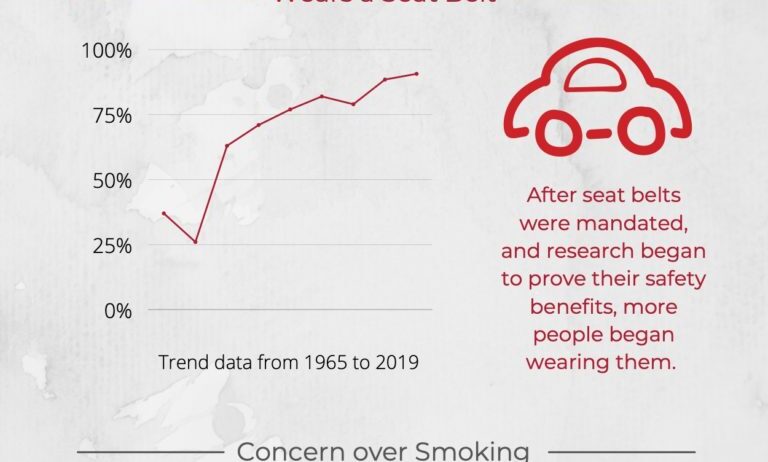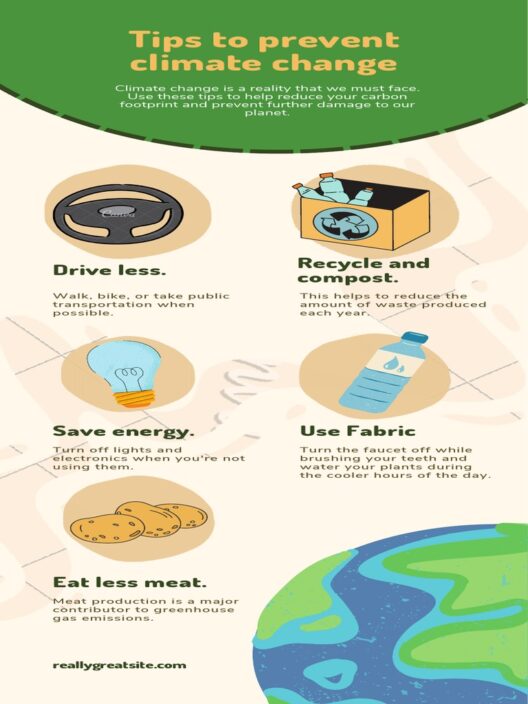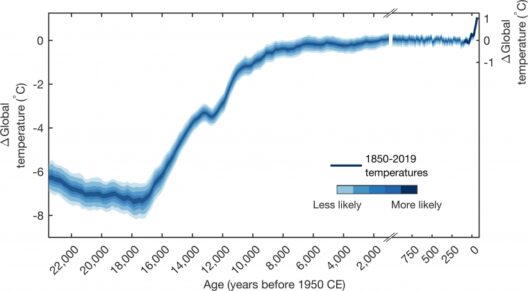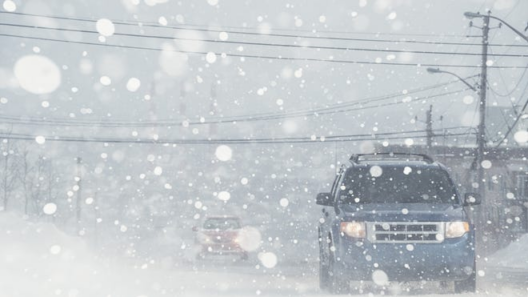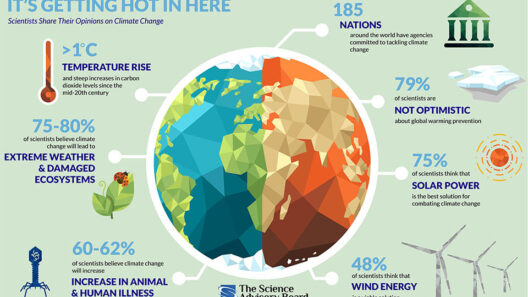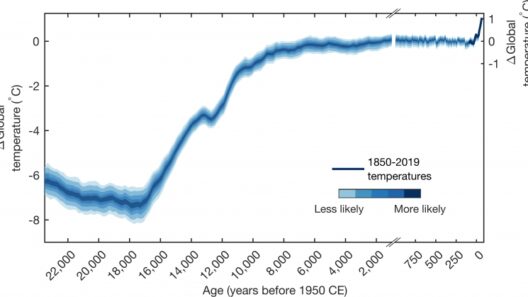In a world brimming with complexity, the phenomenon of global warming emerges as a conundrum that has captivated the minds of citizens around the globe. Much like a towering iceberg drifting through frigid waters, the majority of the public only perceives a fraction of the vast issue beneath the surface. Recent polling data indicates a divided public when it comes to prevailing opinions on climate change, revealing a chasm of understanding, concern, and motivation toward tackling this pressing issue.
The results of this poll demonstrate a stark dichotomy: on one hand, there exists a cadre of fervent advocates, resolutely advocating for immediate action against climate degradation. Conversely, there are skeptics, standing on the sidelines, either doubting the urgency or the very existence of anthropogenic climate change. The rhetoric surrounding these differing viewpoints is often charged and polarizing, evoking sharp contrasts similar to the juxtaposition of light and shadow at dawn—a delicate balance that shapes our discourse on environmental stewardship.
One might ask, what accounts for this division? The roots of dissent run deep, intertwining with sociopolitical ideologies and economic interests. Awareness alone does not equal consensus. Individuals are bombarded with dissonant messages from various media sources, influencing how they perceive the realities of climate science. Those immersed in a milieu that prioritizes economic growth over environmental health may regard climate action as a threat to their livelihood. On the other hand, individuals steeped in environmental advocacy embrace the narrative of sustainability and resilience, viewing climate initiatives as a pathway to a more equitable future.
Amidst this discourse, the impact of education becomes paramount. A well-informed public that engages critically with scientific findings has a better grasp of the magnitude of the threat we face. Polls indicate a significant correlation between educational attainment and the perception of climate change severity. For instance, those who have studied environmental science or related disciplines generally regard global warming as a pressing concern, while a less-informed populace may fall prey to misinformation, believing that climate fluctuations are merely natural occurrences, devoid of human influence.
Another entrancing aspect of public sentiment revolves around the emotional undercurrents that shape opinions. Consider the imagery of a raging tempest versus a serene landscape; feelings of despair can overwhelm rational discourse about climate issues. Those who perceive global warming as an existential threat often experience climate anxiety, unsettling emotions that can lead to a sense of helplessness. As a result, their calls for action may stem from both rationality and an emotional plea for survival—a hauntingly beautiful convergence of mind and heart.
Environmental organizations have harnessed this emotional resonance to galvanize public support. By framing climate change as not just an environmental issue, but as a moral imperative, they evoke a clarion call that compels individuals to contemplate their role in this global drama. The urgency is not merely about preserving polar bears or coral reefs; it extends to safeguarding future generations, ensuring that the air we breathe and the water we drink remain untainted. Polling suggests that when climate change is framed in terms of health and inheritance, individuals become more likely to support proactive measures. It is this unique appeal that invokes a sense of agency—a compelling narrative that weaves together personal and collective destinies.
Interestingly, while the polling data reveal a division in perception and concern, they also hint at a potential for convergence. The notion of green technological advances—renewable energy sources, electric vehicles, and sustainable agriculture—entices many with its promise of economic growth and innovation. This prospect of a green economy can serve as common ground, bridging the chasm between skeptics and proponents of climate action. A shared vision of a thriving, clean, and sustainable future may serve as the catalyst for unified action, galvanizing disparate factions to coalesce and advocate for policies that benefit both the economy and the planet.
Social media plays a pivotal role in shaping these discussions. Platforms like Twitter and Facebook allow individuals not only to consume information but also to disseminate their perspectives, thereby cultivating community engagement. However, this democratic space also harbors pitfalls. Misinformation proliferates at an alarming rate, capable of sowing seeds of doubt and division. The echo chambers that emerge can distort reality, with users gravitating toward information that reinforces pre-existing beliefs. Poll results indicate that a significant portion of individuals prefer engaging with like-minded peers rather than confronting contrasting viewpoints. This reality creates a polarization echo chamber that complicates constructive dialogue.
The ramifications of a divided public are profound, influencing policy decisions and the prioritization of environmental legislation. If a significant faction remains resistant to the implications of global warming, necessary reforms may stall or regress. Achieving robust climate policy hinges on fostering understanding and collaboration across ideological divides. This echoes the age-old adage that strength lies in unity, suggesting that overcoming differences is crucial to confronting the challenges ahead.
In conclusion, the narrative surrounding global warming opinions is a compelling saga of conflict and collaboration, fear and hope, ignorance and enlightenment. Each pollster’s question might be regarded as a brushstroke on the canvas of public opinion, painting a picture that reflects the complexities of human belief. As society navigates the treacherous waters of climate change, it is imperative that we seek common ground, engage in constructive dialogue, and embrace the narratives that resonate universally. The stakes are high—our planet, our health, and our future generations lie in the balance. In this intricate tapestry of beliefs and values, we must weave together threads of consensus to create a vibrant and sustainable future for all.



